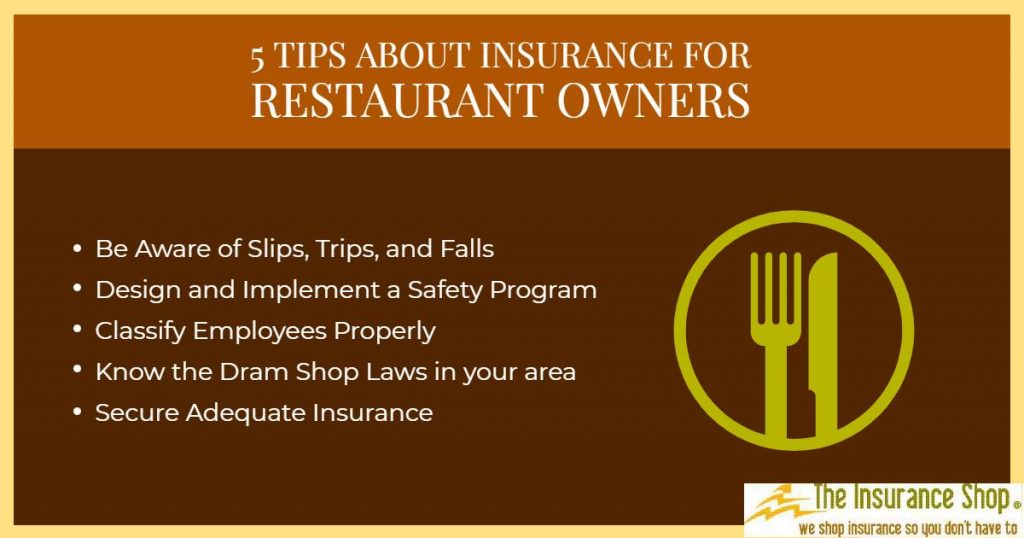4 ways Small Businesses can save when purchasing Pay as You Go Workers Compensation for Landscaping Businesses
The Landscaping Industry can be seasonal in nature depending upon the climate where a business is located. The industry is also dependent, to some extent, upon the weather. Because of this seasonal nature and the dependency on the weather, it can be difficult to forecast man hours throughout the entire year. This can make a traditional workers compensation policy costly and in accurate. For this reason it is wise for most companies to go with Pay as you Go Workers Compensation for Landscaping Businesses.

Low Up-front Costs
With a traditional workers’ compensation policy the insurance carrier requires a down payment of around 1/4 to 1/3 of the total premium up-front just to get a policy in place. This amount is estimated depending upon the previous year or the previous three years payroll. In the landscaping business this can be a problem because the amount of man hours is dependent on a number of factors that are out of the businesses control. In most cases, with Pay as You Go Workers Compensation for Landscaping Businesses, a business owner can get a policy in place for little more than a few hundred dollars. This allows the business to free up additional cash that can be better spent on more immediate business needs.
Pay Premium in Real-time
As previously stated, a traditional workers compensation insurance plan is based off of an estimate from a previous years payroll. This can be extremely different than the current years staffing levels. This can cause a landscaping business to severely over or under pay for premium throughout the year. When you have over paid this might be a pleasant surprise after an end of term audit determines you get a refund. On the contrary if you under pay premium it can cause you to take on an unexpected cost. When a business goes with a Pay as you Go Workers Compensation for Landscaping Businesses, they pay the premium in real-time based upon the previous months actual payroll levels. This dramatically improves accuracy and frees up cash for other expenditures.
Less risk of being audited
Pay as You Go Workers’ Compensation allows business owners to pay their premium in real-time each month based upon the previous months payroll. They do this through a three way partnership between a payroll company, the insurance agency, and the landscaping business. This benefits all three parties involved because the payroll company keeps an accurate count of man hours worked each month, the insurance agency bills the landscaping company based upon an accurate payroll from the previous month, and the landscaping company is at less risk of being audited mid term for their payroll and insurance premium payments.
Frees up Cash
When a small business decides to go Pay as You Go Workers Compensation for Landscaping Businesses they are able to free up cash for two main reasons. First, because of the accuracy of your insurance payments there are less surprises at the end of the term due to over or under paying. Also, there is a lower up-front cost due to not having to pay up to a third of the premium just to get coverage in place. This is great for start ups and cash strapped businesses alike.

 Workers’ Compensation Insurance is required by law for businesses in most states. So is General Liability in most industries. For that reason, these two policies are the bare minimum coverage a business needs to be in business. Now for a cash-strapped, seasonal, or start-up business; coming up with the initial payment to get coverage in place can be difficult. Because of this issue, many carriers have come up with alternative payment options for these necessary coverages. The most popular alternative payment option is
Workers’ Compensation Insurance is required by law for businesses in most states. So is General Liability in most industries. For that reason, these two policies are the bare minimum coverage a business needs to be in business. Now for a cash-strapped, seasonal, or start-up business; coming up with the initial payment to get coverage in place can be difficult. Because of this issue, many carriers have come up with alternative payment options for these necessary coverages. The most popular alternative payment option is 


 You do what you can to do your business every day and create opportunities for yourself, your employees and your customers. Rates of everything is rising, property cost, materials, shipping, employee wages. The state of Florida has now said its time for workers’ comp insurance to do the same. The rate increase is to be 14.5%! Articles can go into much more detail but ultimately medical costs, legal costs and claims expenses rise over time and Florida workers compensation rates are rising to catch up for the natural changes that have taken place and certain court rulings have made precedence that support the increased cost. There are fair arguments for and against this change but at this point we work with what we have, so as a business owner what can you do?
You do what you can to do your business every day and create opportunities for yourself, your employees and your customers. Rates of everything is rising, property cost, materials, shipping, employee wages. The state of Florida has now said its time for workers’ comp insurance to do the same. The rate increase is to be 14.5%! Articles can go into much more detail but ultimately medical costs, legal costs and claims expenses rise over time and Florida workers compensation rates are rising to catch up for the natural changes that have taken place and certain court rulings have made precedence that support the increased cost. There are fair arguments for and against this change but at this point we work with what we have, so as a business owner what can you do?
